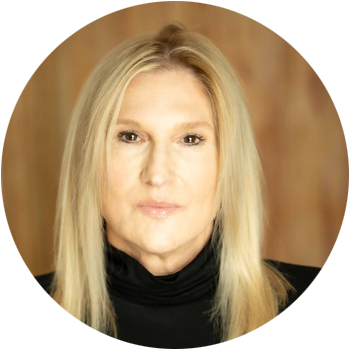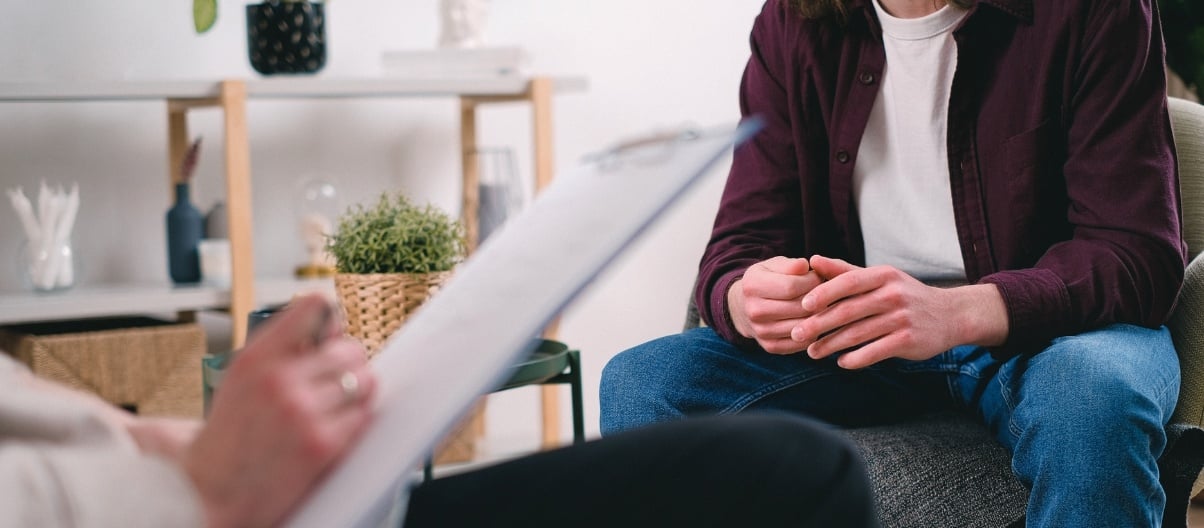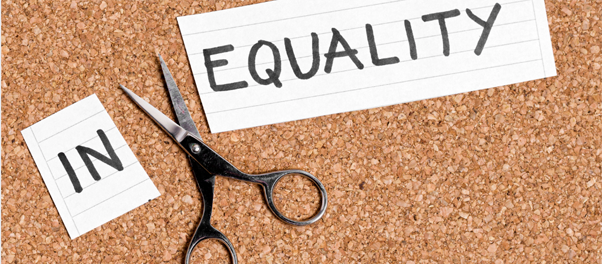Increasing your Sense of Agency
Good Morning. The topic of today’s mindfulness blast is agency. Agency refers to the degree to which an individual has the ability to freely make choices and to engage in actions in their life consistent with their choices. We often say to children, “was that a good choice or a bad choice?” when in fact it was no choice at all, just an automatic or impulsive action. When we have a sense that we can choose how we act and direct our actions towards accomplishing goals, anything is possible.
Many things interfere with developing agency– systematic oppression, trauma or abuse, or even being overprotected can all diminish a person’s sense that they can effect change in their own life. Half of the challenge involved in changing anything that makes you unhappy is believing you have the capability to change your situation. Having a personal sense of agency is the internal experience one gains from making choices, engaging in goal-directed actions, and accomplishing goals.
The practice of mindfulness increases one’s sense of personal agency by increasing one’s capabilities. If you can manage your thoughts and emotions without getting swept away by them, your sense of control is enhanced. If you can stay on track, you can accomplish things great and small. If you have ever decided you wanted to get something done and then blown it off, you know the defeated feeling you get. It can create a cycle of helplessness and even depression.
Agency creates both clarity of purpose and a sense that, with enough work, almost anything is possible. When we pay attention, we begin to identify our own personal preferences; we can choose goals aligned with our wise-mind values. We can be realistic about things we can control, those we cannot, and those we can work to change, but can’t control at the present moment. This helps us to act effectively. Acting effectively produces the opposite of that defeated feeling—it produces a sense of optimism. This leads to an internal resilience, a belief that anything is possible.
When I was in graduate school there was a lot I could not control. I was working almost all the time, but none of my work was paid. One thing I did every week was to scrub my bathtub until it shined. You may say, why was that important? It gave me the feeling that I could start something ,work hard at it for a short time, and accomplish something. It gave me a sense of control.
Usually, when we psychologists talk about agency, we urge people to set sort of lofty, meaningful goals in order to achieve a sense of agency. But, my experience tells me that even small tasks create the sense of control and capability that leads to optimism when facing challenges. I read an article about a woman who was getting divorced and she decided to knit a scarf. She knew nothing about knitting, but she said that if she could learn to knit, she felt she could learn anything. I have had the same life-changing boost of confidence after assembling an ice hockey net for my children from “Santa.” Never again would an instruction booklet in an Ikea box terrify me. One starts to see that every task in life involves problem-solving. With patience, and without being swept away by self-doubt thoughts or fear, almost any problem can be solved. If you cannot solve it yourself, you can seek out the help necessary to solve your problem whether your problem is fixing a leak in your bathroom or conquering an addiction.
Today’s practice designed to increase agency will not be a guided practice. The goal of this practice is to set a task for yourself that feels a little challenging for you–to mindfully walk in silence and listen for 10 minutes, to run for 5 minutes, to sit in silence for ten minutes while breathing. Whatever you choose, if you become distracted or have the urge to stop, breathe and try to bring yourself back to the activity.
When you are finished, reflect on the fact that no matter how many times you had to refocus, you stayed with the task. If you quit before your time, figure out what prompted the urge to quit and work on that. To extend this practice, you can sit and take a few breaths whenever you have a quiet moment. Reflect on what goal or goals are most important to you. What is needed to get to those goals. You can use your mindfulness practice to set meaningful personal goals. You can also mindfully engage in smaller tasks that give you a sense of control and capability so you have the energy and belief in yourself to achieve longer term goals.
I wish you a productive day!
Michele
























